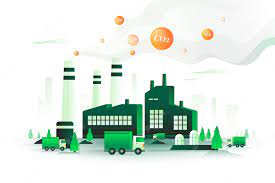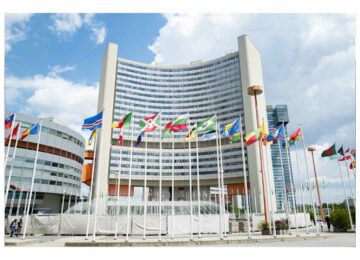ArcelorMittal Belgium is testing a new technology to convert captured CO2 into carbon monoxide for steel and chemical production.
The company plans to achieve a 35% reduction in CO2 emissions by 2030 through the use of circular carbon in blast furnaces, CCS, or CCU.
It has partnered with Mitsubishi Heavy Industries (MHI) and climate tech company D-CRBN for the project in Gent, Belgium.
D-CRBN has developed a plasma-based technology to convert carbon dioxide into carbon monoxide.
This process can be used as a reductant in steelmaking or as a basic ingredient in AMGent’s Steelanol plant for chemicals or alternative fuel production. The technology requires high-purity CO2, which can be provided by MHI’s carbon capture unit.
On its part, MHI is conducting a large-scale trial to evaluate the effectiveness of their Advanced KM CDR Process carbon capture technology, building on their ongoing pilot.
Manfred Van Vlierberghe, CEO, ArcelorMittal Belgium, said, “We are proud to be part of this unique carbon capture and usage trial in Gent, which is part of our strategy to develop the Smart Carbon steelmaking route in ArcelorMittal Belgium.”
Gill Scheltjens, CEO, D-CRBN, said, “Our technology can electrify and decarbonize existing blast furnaces and significantly reduce their coal use. The conversion of CO2 back into CO for steel production will limit the need for green hydrogen in the future and reduce the costs of emission-free products.”
Tatsuto Nagayasu, Senior Vice President (CCUS), GX (Green Transformation) Solutions, MHI’s, said, “Our collaboration with Arcelormittal and D-CRBN in Belgium provides another tool for the industry to reduce its carbon footprint – capturing emissions, converting them into a valuable feedstock, and feeding them back into the process. This initiative demonstrates our commitment to sustainable practices and innovative solutions for a greener future.”











